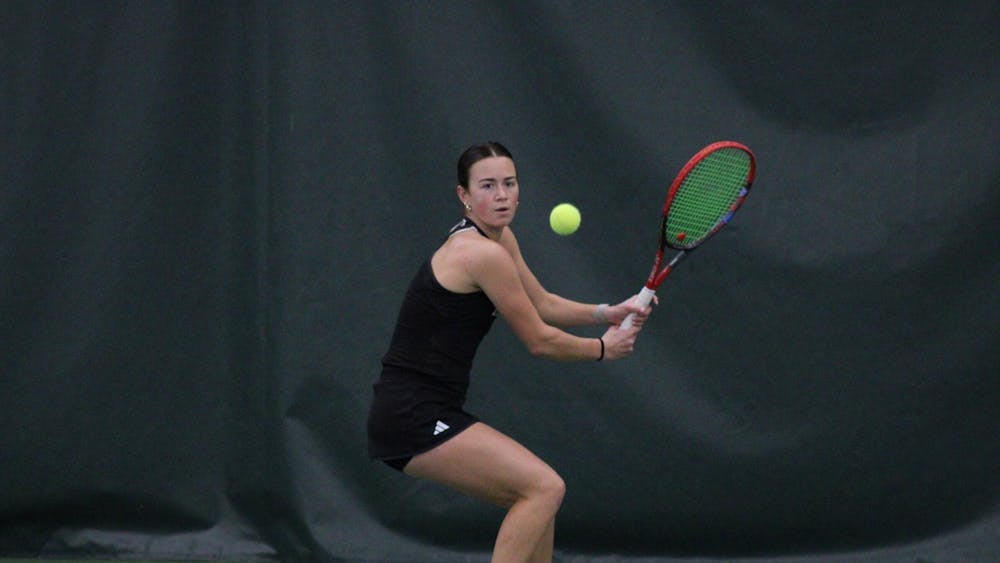“My goal is to begin a conversation about black education,” Stephanie Power-Carter, coordinator of the Wisdom Circle series, said. “I want to see if there are people who want to further engage this topic and want to advocate for the kids.”
Participants of the Wisdom Circle “Black Education: There is Still Work to be Done,” included Monroe County educators, counselors, IU students and faculty..
The forum began with participants silently reflecting on people who positively influenced them. Attendants shared personal educational experiences that shaped their beliefs. During the discussion, participants passed around a rainstick indicating whose turn it was to speak.
“In African culture a rainstick is seen as healing,” Power-Carter said. “Similar to the rainstick, we want to start the process of healing.”
Discussion topics included how cultural, domestic and societal factors shape the educational experience of African-American youth.
“People get to speak their truths and their experiences,” Power-Carter said. “We’re thinking through some of the issues and potential resolutions.”
The dialogue centered on disparities between African-American students in Monroe County and other racial demographics. For example, only 49.6 percent of African-American students in the Monroe County School Corporation passed both the English and mathematics portions of the ISTEP.
“For a school system as good as Monroe County’s, it’s concerning to see our black students performing so poorly,” said Yevonne Jones, counselor at Batchelor Middle School.
African-American youth underperforming in the classroom is a complex issue that transcends the realm of education, said Dr. Khaula Murtadah, associate vice chancellor for Lifelong Learning at IUPUI.
“I was very interested in urban education,” Jones said. “Over more than 40 years, I’ve seen the importance of the intersection of race, poverty and gender.”
Proposed solutions included examining the current curriculum, creating spaces for black people to feel comfortable and promoting political activism.
“[Black youth] have to understand how to do the political work that brings about change,” she said. “Whether it’s educational, political, social or cultural issues, they have to be prepared to advocate and articulate for what they want.”





